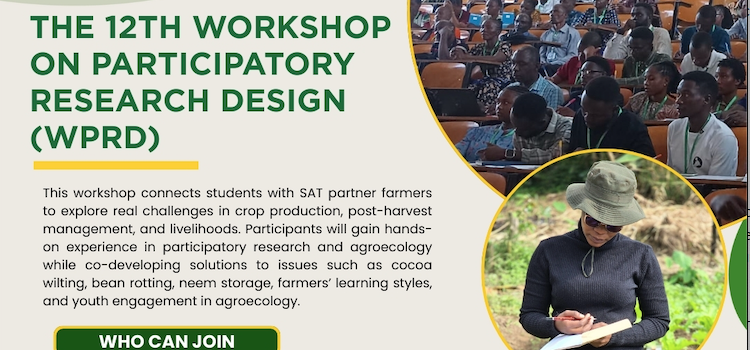From being a job seeker to having a successful agricultural business

Finding a proper job or a stable source of income has always been a significant challenge in the country. Meet Aisha Luka, who, despite knowing agriculture and entrepreneurship, she was still unable to have a secure source of income. Agriculture, on the other hand, is the backbone of the Tanzanian economy and According to World Bank (2016), agriculture provides a living for 66% of Tanzania's population.
However, there is no better way to accomplish it than to do it responsibly by adhering to agroecological principles of farming that protect the environment while also increasing productivity. As a result, in 2019, Aisha Luka decided to join the Mapambano group, which is one of the farmer's groups under the Austrian Development Agency, and the ICEP funded Dodoma Women in Agriculture and Business Initiatives (DWABI). Prior to adopting agroecological methods, Aisha would only collect up to 3 sacks of maize, sunflower, and groundnuts on 3 - acres of land, which resulted in a lower income of up to 500,000TZS per year but this will all change once she starts implementing these methods.

Who is Aisha?
Aisha Luka, a 42-year-old woman, mother of two, is married and living in Nzali village in Chilonwa ward in the Chawmino district, Dodoma. Dodoma is a semi-arid region with distinct dry and wet seasons of low rainfall below potential evapotranspiration, but it is not a desert, so farmers can boost productivity and improve soil fertility through agroecological approaches.
Aisha on one of her farms where she practices intercropping
Aisha had extensive training on proper farming methods like proper spacing, improvement of soil fertility using animal manure, intercropping, and application of mulch after joining the group. This shifted her entire agricultural perspective to a more sustainable one. She also uses quality local seeds in her process.
Another thing she managed to do was increase the amount of land she was growing by 133% from 3 acres to 7 acres. She currently harvests 15 bags of maize, 6 bags of Sorghum, and 15 bags of sunflowers which have doubled her income by 200% from 500,000TZS to 1,500,000TZS per year. This was a great success for Aisha as she confessed that she has never harvested such a quantity of products prior to joining the Mapambano group. This increased her household income and ensured food security for her family and community.

Aisha is also a leaving example to her fellow women in Chamwino; she has trained 6 groups with 182 farmers in Nzali and Mahama villages; moreover, she has facilitated the establishment of 6 demo plots and training on entrepreneurship, livestock-keeping as well as saving and lending model.
Following her success in agriculture, Aisha saw an opening space in her neighbourhood and began a small business making and selling soap and baobab fruits using the entrepreneurial skills she learned. She also plants and sells tree seedlings to her neighbours as she is motivated in restoring forests as this is an important factor to improve soil fertility and increase productivity in these dry areas as well as combating the negative effects of climate change.

Because of increasing productivity, her life has changed a lot as she was able to buy apiece of land of 0.15 acres for building a modern house for her family. She also keeps 15 cows for dairy, and she bought a motorcycle that generates 10,000TZS per day.


Success so far
In 2023, Aisha succeeded to build new house as she dreamt. The house has 4 rooms enough to accommodate her family well. She is motivated and passionate in accomplishing her dreams including roofing and finishing of her house to upgrade the life standard. She also bought 2-acre farm so she can expand production in the future. Aisha had the dream of starting poultry project and she started with 25 chickens in 2023, she plans to be a great poultry keeper and supplier within her village and away.

DWABI Project is proudly supported by the Austrian Development Agency (ADA) and ICEP




.jpg)



